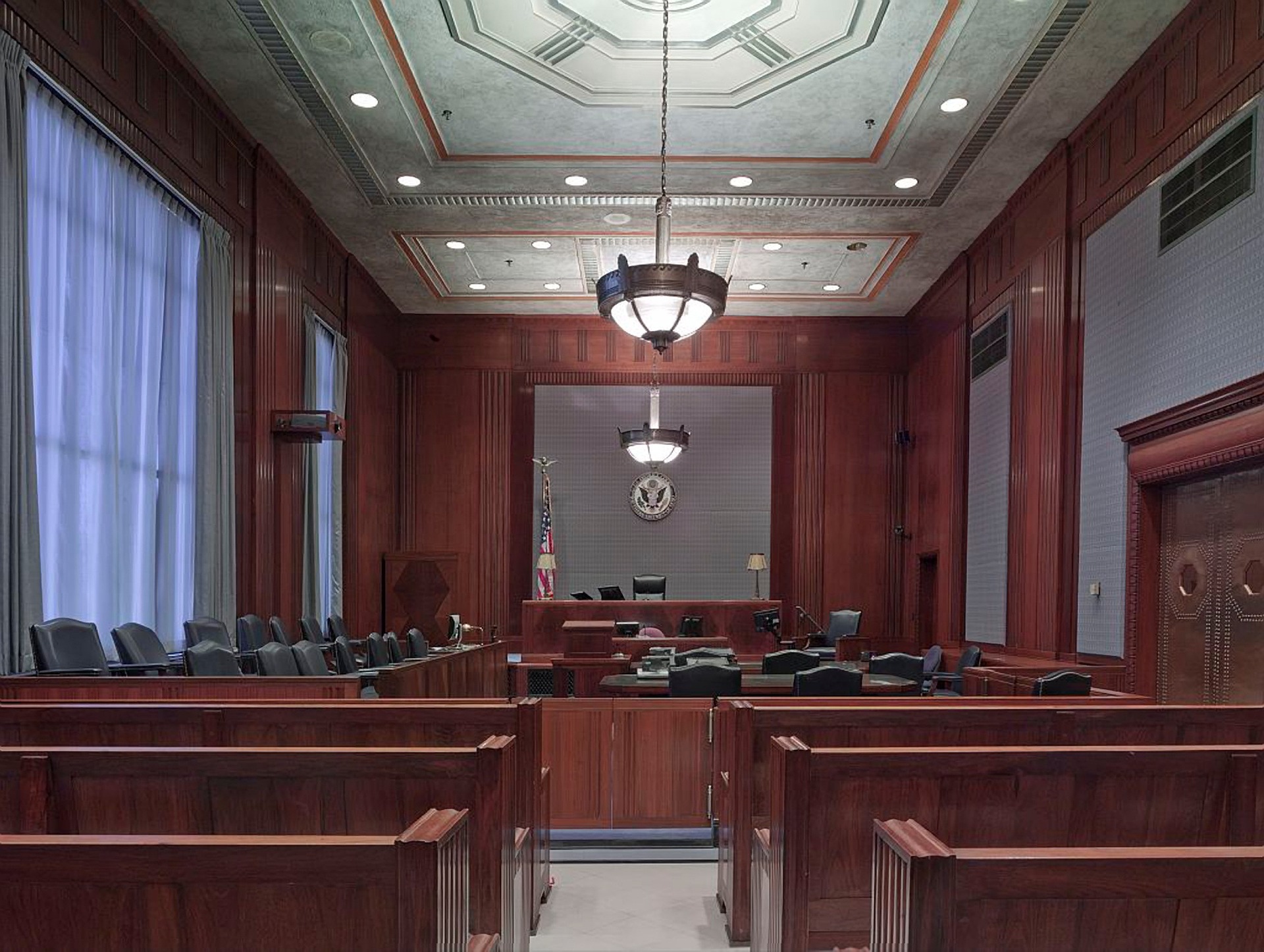The Legal Implications of Artificial Intelligence: A Comprehensive Overview
Artificial Intelligence (AI) has rapidly become a pervasive force in our society, with far-reaching implications throughout various sectors. This article presents an in-depth analysis of AI from a legal standpoint, exploring its historical context, current legal updates, and its societal implications.

Historical Context: The Emergence of AI and the Law
Artificial Intelligence, once a concept relegated to the realms of science fiction, has become a reality in the 21st century. The legal system, historically slow to adapt to new technologies, has grappled with the integration of AI into various legal fields, from criminal law to intellectual property, and even constitutional law. The first laws concerning AI began to emerge in the late 20th century, primarily focusing on matters related to intellectual property and data privacy.
Current Legal Landscape: AI Laws and Policies
In recent years, governments worldwide have begun to take a more proactive approach in legislating AI. These new laws and policies aim to address the ethical, privacy, and security issues posed by AI technologies. In Europe, for example, the European Commission has proposed legislation that sets strict standards for high-risk AI applications, including biometric identification and critical infrastructure.
AI and Intellectual Property: A Legal Conundrum
One of the most contentious legal debates surrounding AI is its impact on intellectual property laws. The question of whether an AI can own or create intellectual property is still widely disputed. Current laws generally stipulate that intellectual property rights are awarded to human creators. However, as AI continues to evolve, there’s a growing consensus that the law must adapt to accommodate these new technological realities.
Societal Implications: AI and Accountability
The societal implications of AI are vast and complex. A significant concern is accountability. If an AI system makes a decision that results in harm, who is held responsible? The developer of the AI? The user? Current laws are still grappling with these questions, leading to a legal gray area. Additionally, AI’s potential impact on job displacement and privacy rights further complicates its societal implications.
The Future of AI and Law: Navigating Uncharted Territory
As AI continues to evolve rapidly, so too must the laws and policies that govern its use. While current legal frameworks seek to mitigate the risks associated with AI, they often lag behind technological developments. As such, the legal field must anticipate and adapt to future AI advancements to ensure that the technology is used responsibly and ethically.
In conclusion, the relationship between law and AI is a complex and evolving landscape. As society continues to integrate AI into various aspects of life, the legal system must continue to adapt and evolve to ensure that laws and regulations adequately address the ethical, privacy, and societal implications associated with AI technologies.




